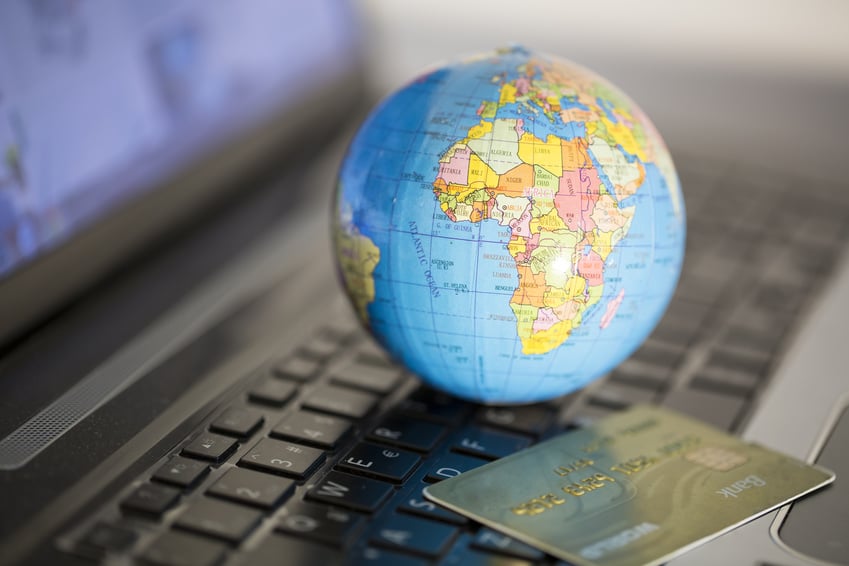Listen on-demand to our Eye on AI video chat series, which covers the need-to-know legal issues surrounding artificial intelligence and machine learning. Baker McKenzie’s North America AI and Machine Learning team features a cross-disciplinary team of industry ranked and recognized attorneys who can help you with the technical, transactional and…
Welcome to Baker McKenzie’s new Labor and Employment video chat series for US employers. Our lawyers will provide quick, practical tips on today’s most pressing issues for US employers navigating the new normal. The videos complement our blog, The Employer Report, which provides written legal updates and practical insights about the…
Welcome to Baker McKenzie’s new Labor and Employment video chat series for US employers. Our lawyers will provide quick, practical tips on today’s most pressing issues for US employers navigating the new normal. The videos complement our blog, The Employer Report, which provides written legal updates and practical insights about the…
Welcome to Baker McKenzie’s new Labor and Employment video chat series for US employers. Our lawyers will provide quick, practical tips on today’s most pressing issues for US employers navigating the new normal. The videos complement our blog, The Employer Report, which provides written legal updates and practical insights about the…
With the healthcare and life sciences sector at the heart of the pandemic, we are seeing some new issues arising in the already complex world of life sciences collaborations, for both coronavirus-related and other products and therapies. The Life Sciences Collaborations: Key Considerations in the COVID-19 Era document is a…
Welcome to Baker McKenzie’s Labor and Employment video chat series! In these quick and bite-sized video chats, our employment partners team up with practitioners in various areas of law to discuss the most pressing issues for employers navigating the return to work. This series builds on our recent client alert…
Welcome to Baker McKenzie’s Labor and Employment video chat series! In these quick and bite-sized video chats, our employment partners team up with practitioners in various areas of law to discuss the most pressing issues for employers navigating the return to work. This series builds on our recent client alert…
Welcome to Baker McKenzie’s Labor and Employment video chat series! In these quick and bite-sized video chats, our employment partners team up with practitioners in various areas of law to discuss the most pressing issues for employers navigating the return to work. This series builds on our recent client alert…
The US legal system is not virtual. As the Supreme Court has stated, the right to in-person confrontation has “a lineage that traces back to the beginnings of Western legal culture.” Reminders of the importance of physical presence in the courtroom are everywhere: the Constitution guarantees the right to trial by jury, the Supreme Court has held that there is a qualified First Amendment right to attend court proceedings, and out-of-court statements are generally inadmissible. These are only a few examples. But what happens when these important rights collide with equally important public health considerations? Are virtual solutions legally permissible/technically possible/strategically desirable? Will today’s temporary work-arounds become tomorrow’s best practices? Is remote litigation the wave of the future? What risks and opportunities does it present?







